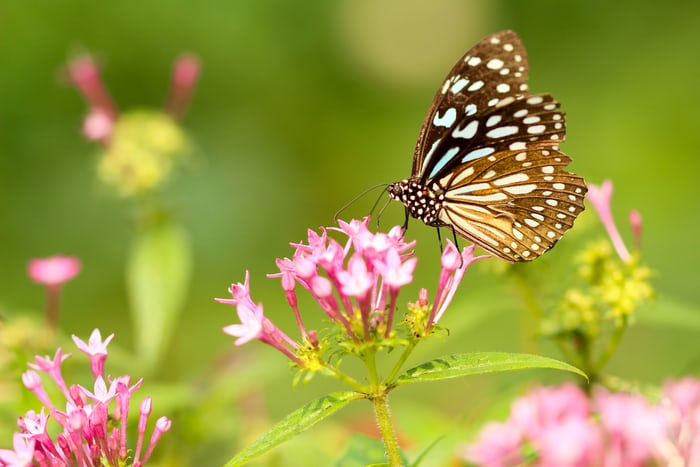Authored by Vanashree Belgamwar, BAMS
Ayurveda mentions six seasons that are divided into two groups. The seasons are divided by solstices. There are two solstice or ‘Kaal’.
- Northern solstice - Aadan Kaal - includes summer, spring and late winter. During Aadan kaal, the sun and wind become increasingly powerful. The Sun takes away the strength of the people and the cooling qualities of the earth. Increasing heat reduces the strength of individuals. During this period, plants show predominance of bitter, astringent and pungent tastes.
- Southern solstice - Visarga Kaal - includes rainy seasons, autumn and early winter. During visage kaal the moon is more powerful, the earth is cooled due to clouds, rain and cold wind. The digestive power of agni is good during this period. Food is more nourishing and strengthening in nature. During this period, plants show predominance of sweet, sour and salty tastes.
Summer is one of the major seasons from the northern solstice. Summer is also a high Pitta season with hot, sharp, bright, intense qualities are associated with this season. Pitta constitutions have more challenges during the summer as they naturally have more of those same qualities in them. Red inflamed rash, acid reflux, headaches, heartburn, loose stools, nausea, acute inflammation, frustration, (Fire+Water) elements are imbalanced.
Ayurveda works on the principle "Like increases like and opposites balance."
Hence, Ayurveda recommends following a diet and lifestyle opposite of the hot, sharp, light, oily qualities of Pitta to include more cooling, mild foods. Here are some other diet and lifestyle recommendations for finding balance in the Summer season:
Foods to Favor:
- Foods that are naturally sweet, bitter and astringent.
- Cooling foods (both energetically and in temperature) - this is the best time of year to enjoy fresh fruits and salads. Other cooling foods include cucumber, apples, avocado, dates, grapes, asparagus, coconut, melons, pomegranate, prunes, amaranth, coconut, dairy and lentils.
- Eat whole, freshly cooked foods and fresh, raw foods in moderation.
- Cooling herbs and spices like coriander, cilantro, fennel and cardamom.
- Dairy, - if you digest it well - but avoid drinking milk with your meals. It is best to have milk at least an hour before or after other food.
- A moderate amount of high-quality olive, sunflower and coconut oils or ghee in your daily diet.
Foods to Avoid
- Foods that are pungent, sour and salty.
- Unripe fruits, aged cheeses and warm carrots, beets, radishes, onions, garlic, ginger and mustard seeds.
- Warming foods (both energetically and in temperature) such as chili and cayenne peppers.
- Highly processed foods
- Caffeine, nicotine, and other stimulants.
- Red meat.
- Deep fried foods.
- Alcohol, except for an occasional beer or white wine.
Lifestyle Habits to Adopt
- Establish a routine for meal times.
- Avoid exercising between 10.00am-2.00pm. Exercising instead early in the morning, when the atmosphere is crisp and cool. It’s also important to be moderate in your exertion and not to push too much.




 RSS Feed
RSS Feed